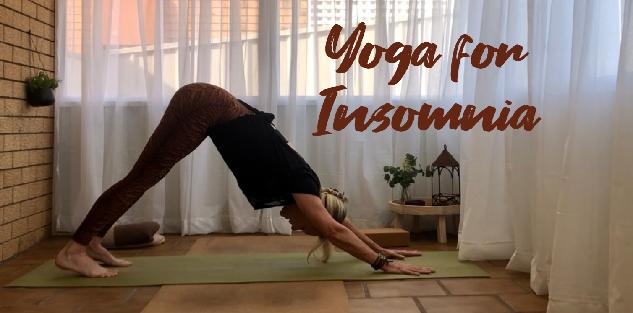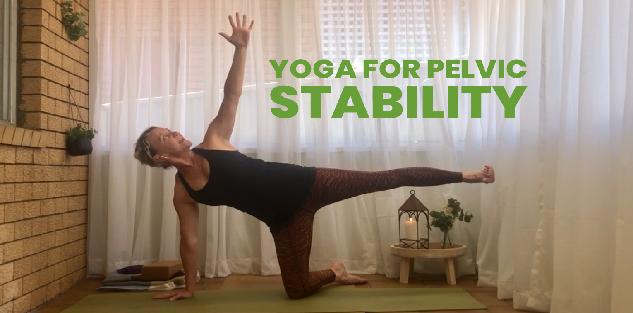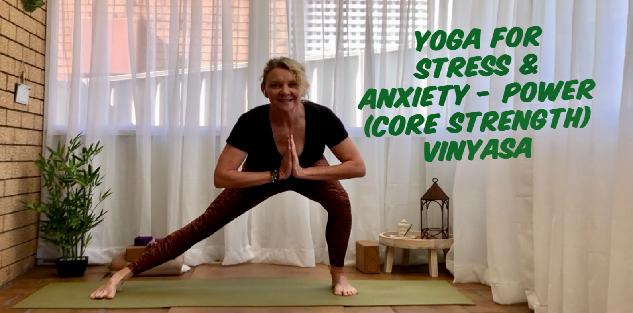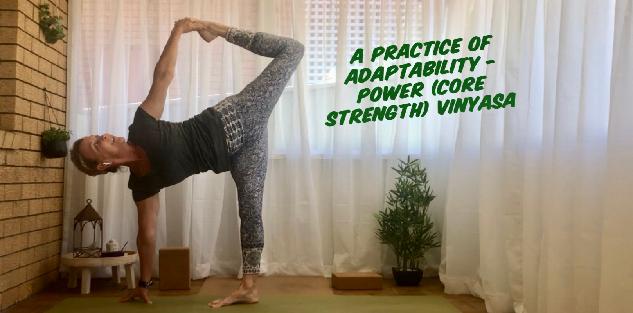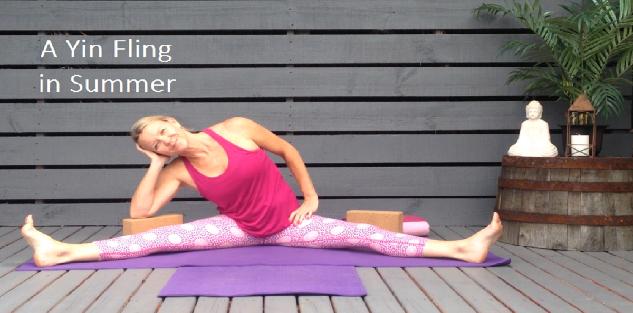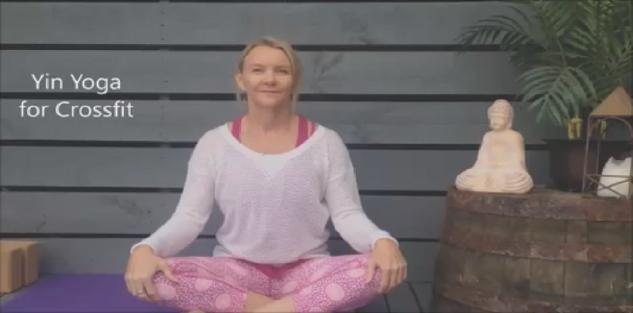-
- Baserunning
- Catching
- Coaching Baseball
- Drills
- Ebooks
- Fielding
- Fundamentals
- Hitting
- Mental Training
- Pitching
- Strength & Conditioning
- Umpiring
- Youth Baseball
-
- 3-3 Defense
- 3-4 Defense
- 4-2-5 Defense
- 4-3 Defense
- 6-Man
- Air Raid
- Analytics
- Blitz/Stunt/Pressure
- Coverage
- Defend this Offense
- Defensive Backs
- Defensive Line
- Drills
- Ebooks
- Eight-Man
- Flag Football
- Formation/Motion
- Fundamentals
- Game Planning
- Gap Schemes
- Inside Zone
- Kicking
- Learn from the Pros
- Linebacker
- Long Snapping
- Offense Breakdown - Pass Game
- Offense Breakdown - RPO
- Offense Breakdown - Run Game
- Offense Breakdowns
- Offensive Line
- Option/FlexBone
- Outside Zone
- Passing Game
- Pass Protection
- Play Action/Movement Pass
- Player Excellence
- Practice Planning
- Procedures/Tempo
- Program Development
- Quarterback Training
- Run and Shoot
- Run Game
- Running Back
- Run Pass Option (RPO's)
- Screen Game
- Single/Double Wing
- Situational Defense
- Situational Offense
- Slot T
- Special Teams
- Speed & Agility
- Spread Offense
- Strategy
- Strength & Conditioning
- Tackling
- Team Defense
- Team Offense
- Tight End and Fullback Training
- Tite Front
- Tools for Coaches
- Trick Plays
- Wide Receiver Skills
- Wing-T Basics
- Wing-T Passing Game
- Wing-T RPO
- Wing-T Run Game
- Youth Football
- Zone Runs
-
- 5 Out Offense
- Ball Handling
- Ball Screen Offense
- Certifications
- Clinics
- College Playbooks
- Culture & Team Development
- Defense
- Dribble Drive
- Drills
- Ebooks
- European Ball Screen Offense
- Fast Break/Secondary
- Fundamentals
- International Basketball
- Motion Offense
- NBA Playbooks
- Offense
- Packline Defense
- Playbooks
- Player Development
- Point Guard Training
- Post Play
- Practice Planning
- Press Defense
- Princeton Offense
- Read and React Offense
- Rebounding
- Shooting
- Situation/ATO Plays
- Strategy
- Strength and Conditioning
- Transition Offense
- Women's Basketball
- Workouts
- Youth Basketball
- Zone Defense
- Zone Offense
-
- Box Lacrosse
- Competition Drills
- Defensive Drills
- Defensive Strategy
- Drills
- Fundamentals
- Goalie Training
- Individual Defensive Play
- Individual Offensive Play
- Man Up and Man Down
- Midfielders
- Offensive Strategy
- Practice Planning
- Shooting
- Skill Development
- Strength & Conditioning
- Transition
- Women's Lacrosse
-
- Coaching Tennis
- Coaching Youth Tennis
- Doubles
- Drills
- Footwork
- Fundamentals
- Mental Game
- Serving
- Singles
- Strategy
- Strength & Conditioning
- Stroke Instruction
- Table Tennis
- Tips
-
- Coaching Track & Field
- Cross Country
- Discus
- Distance
- High Jump
- Hurdles
- Javelin
- Long Jump
- Mid-Distance
- Multi
- Pole Vault
- Relays
- Shot Put
- Sports Performance
- Sprinting
- Strength & Conditioning
- Triple Jump
- Weight/Hammer
-
- Attack
- Coaching Soccer
- Coaching Youth Soccer
- Defense
- Dribbling
- Drills
- Ebooks
- Fundamentals
- Futsal
- Goalkeeping
- Midfield
- Skill Development
- Strategy
- Strength & Conditioning
- Tactics
- Women's Soccer
-
- Coaching Hockey
- Defense
- Drills
- Goaltending
- Offense
- Off-Ice Stick Skills Training
- Player Development
- Strength & Conditioning
- Women's Hockey
- Youth Skills & Drills
- Golf
-
- Baserunning
- Catching
- Coaches Clinics
- Coaching Softball
- Drills
- Ebooks
- Fielding
- Fundamentals
- Hitting
- Pitching
- Strength & Conditioning
- Youth Skills & Drills
-
- Beach Volleyball
- Blocking
- Coaching Volleyball
- Defense
- Drills
- Fundamentals
- Hitting/Attacking
- Passing
- Serving
- Setting
- Strength & Conditioning
- Youth Skills & Drills
-
More Sports
- Archery
- Aussie Football
- Badminton
- Baseball
- Basketball
- Coach Development
- Cricket
- Cycling
- Disc Golf
- eSports
- Extreme Sports
- Fencing
- Field Hockey
- Football
- Golf
- Gymnastics
- Health & Fitness
- Hockey
- Lacrosse
- Martial Arts
- Mental Training
- Physical Education
- Racquetball
- Recreational
- Rugby
- Running
- Skating
- Skiing
- Snowboarding
- Soccer
- Softball
- Squash
- Student Athletes
- Swimming
- Team LMS
- Tennis
- Track and Field
- Ultimate Frisbee
- Volleyball
- Weight Lifting
- Wrestling
- Yoga
- Youth Coaching

Followers 83
Following 36
Martine Ford
Yoga Instructor/Founder of Spirit Yoga & Pilates
About
Martine Ford first started Spirit Yoga & Pilates in Port Macquarie in 2010 after a desire to share her knowledge and passion for yoga with others. After 15 years, that has grown also to an appreciation of Pilates for it's ability to help re-habilitate imbalances in the body and injuries, so effectively. Of course, Barre was a natural progression as it encompasses all of her passions since the age of four to today: ballet, yoga and now Pilates (mat & reformer)!
A former professional dancer, she has a Diploma in Dance as well as numerous yoga certification in: Power Yoga, Core Strength Vinyasa, Yin Yoga, Pilates (mat), Reformer Pilates, Pre & Post Natal Yoga, Kids Yoga and Yoga for Seniors (mat & chair).
Martine’s classes are powerful, playful and nurturing and you can practice a class locally, online or download one of her e-books on Amazon. She has also taught numerous classes, courses and workshops including presenting at Ekam Yoga Festival.
Martine has trained with Duncan Peak and Power Living Australia Yoga (Advanced Power Yoga), Zenergy Kids (Advanced Kids Yoga), Jo Phee (Yin Yoga), Sadie Nardini (Core Strength Vinyasa), The Yoga Institute (Pre/Post Natal Yoga), Donna Farhi (Yoga for Lower Back Pain), YMEDICA REWIND Gold: Successful Aging (Yoga for Seniors), Body Soul Wellness/Josie McKenlay (Pilates mat & Barre), Reform Fitness (Reformer Pilates).
A former professional dancer, she has a Diploma in Dance as well as numerous yoga certification in: Power Yoga, Core Strength Vinyasa, Yin Yoga, Pilates (mat), Reformer Pilates, Pre & Post Natal Yoga, Kids Yoga and Yoga for Seniors (mat & chair).
Martine’s classes are powerful, playful and nurturing and you can practice a class locally, online or download one of her e-books on Amazon. She has also taught numerous classes, courses and workshops including presenting at Ekam Yoga Festival.
Martine has trained with Duncan Peak and Power Living Australia Yoga (Advanced Power Yoga), Zenergy Kids (Advanced Kids Yoga), Jo Phee (Yin Yoga), Sadie Nardini (Core Strength Vinyasa), The Yoga Institute (Pre/Post Natal Yoga), Donna Farhi (Yoga for Lower Back Pain), YMEDICA REWIND Gold: Successful Aging (Yoga for Seniors), Body Soul Wellness/Josie McKenlay (Pilates mat & Barre), Reform Fitness (Reformer Pilates).
You should pick at least one course


